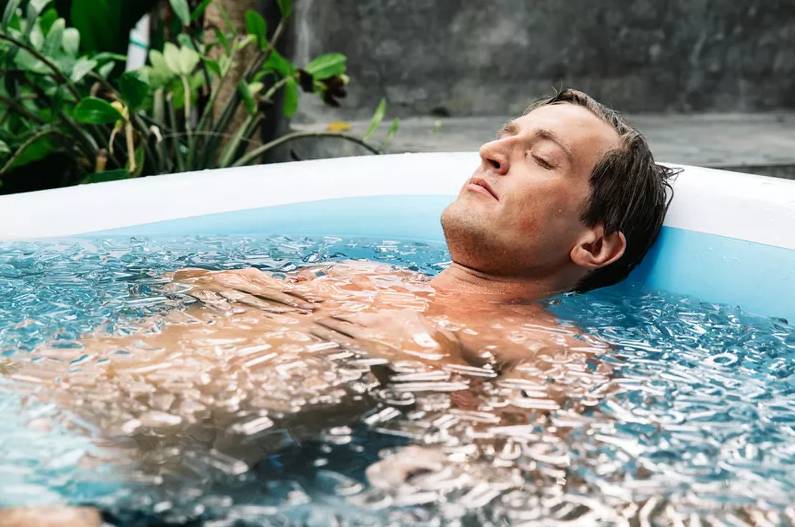Cold Plunge 101: What Really Happens When You Get in That Icy Water
Nicholas FaddenIt’s more than a trend, more than a shock to the system. Stepping into a cold plunge at The Cove activates powerful biological processes that affect your performance, energy, mental clarity, and recovery—immediately and over time. Let’s break it down.
🔬 What Happens When You Enter Cold Water?
When your body is immersed in cold water—typically between 8–15°C—your system enters a state of thermogenic stress. Your blood vessels constrict, heart rate increases, and breathing deepens as your sympathetic nervous system ramps up (Tipton, 2017). This reaction triggers a cascade of effects through your vascular, nervous, muscular, and endocrine systems.
💪 Muscle Recovery & Inflammation Control
Cold water immersion (CWI) is widely used to reduce delayed-onset muscle soreness (DOMS). One 2023 meta-analysis involving 36 trials (Zhao et al., 2023) found that CWI significantly reduced muscle soreness 24, 48, and 72 hours after training. CWI also lowers levels of creatine kinase—a marker of muscle damage—while improving explosive performance (like vertical jump height) in athletes (Hohenauer et al., 2015).
This is especially relevant in high-frequency training cycles (HYROX, CrossFit, back-to-back trail days). A plunge after your session may not make you stronger—but it helps you return sooner, with less soreness.
📘 Zhao et al. (2023): PMID: 36768890
📘 Hohenauer et al. (2015): PMID: 25993698
❗️But Use Strategically: Not Always After Lifting
Several studies, including one from PLOS ONE (2019), suggest that chronic post-lift cold water use may reduce hypertrophy and strength gains by blunting the natural inflammation and muscle remodeling response (Fyfe et al., 2019). At The Cove, we recommend cold plunges after cardio, HIIT, or multi-day activity blocks, but not immediately after heavy lifting if muscle growth is your goal.
📘 Fyfe et al. (2019): DOI: 10.1371/journal.pone.0217423
🧠 Mental Resilience & Mood Regulation
Cold exposure is also a powerful nervous system regulator. A 2023 study in Biology found that a single open-water cold immersion reduced negative affect and boosted vigor, self-esteem, and positive mood in participants (Keeler et al., 2023). This is attributed to a sharp rise in norepinephrine, dopamine, and serotonin levels—a kind of natural neurochemical cocktail that supports mental sharpness and resilience.
📘 Keeler et al. (2023): PMID: 36673378
This is why many clients at The Cove use cold plunges not just for the physical reset, but for mental clarity before work, anxiety regulation, or to bounce back after stressful days.
🌙 Better Sleep, Lower Stress, Fewer Sick Days?
A longitudinal Dutch study (Buijze et al., 2016) of 3,000+ participants found that brief cold showers led to a 29% reduction in self-reported sick days over 90 days. The same study found improvements in sleep quality, energy, and resilience—but noted that benefits were most pronounced within 12 hours of immersion.
📘 Buijze et al. (2016): DOI: 10.1371/journal.pone.0161749
Consistency is key—our regulars at The Cove report the same: better sleep, more energy, and fewer colds, especially in the colder months.
🚀 Why It Matters in Vancouver
In a city of runners, riders, skiers, and doers, performance isn’t always about getting fitter—it’s about recovering well enough to keep going. Cold plunges help you bounce back faster, regulate stress, and sharpen your edge for whatever’s next.

